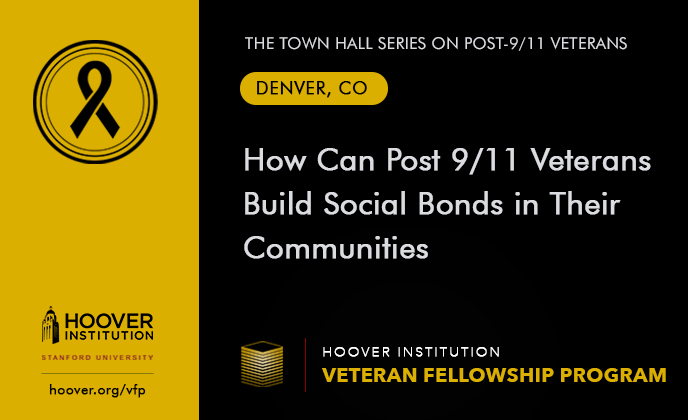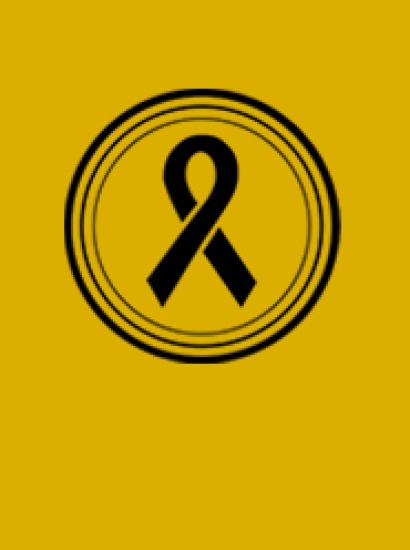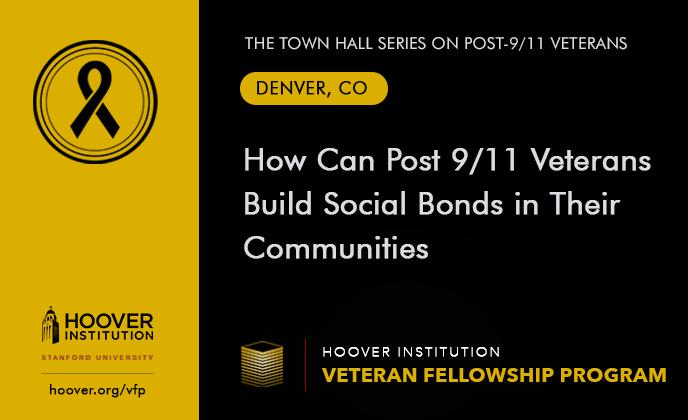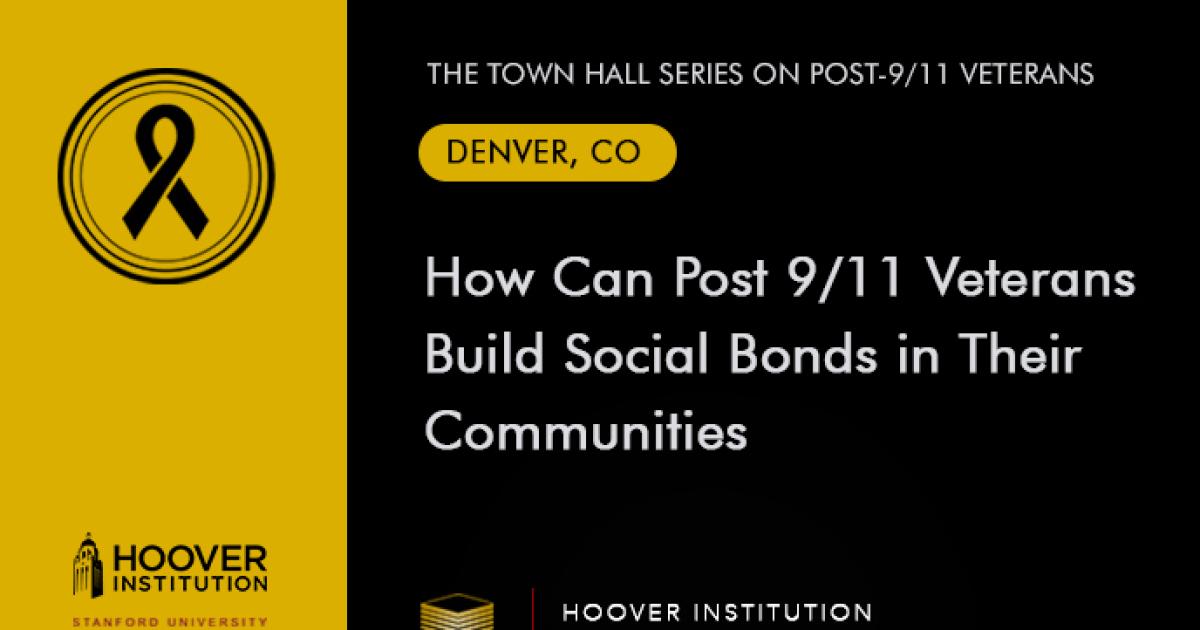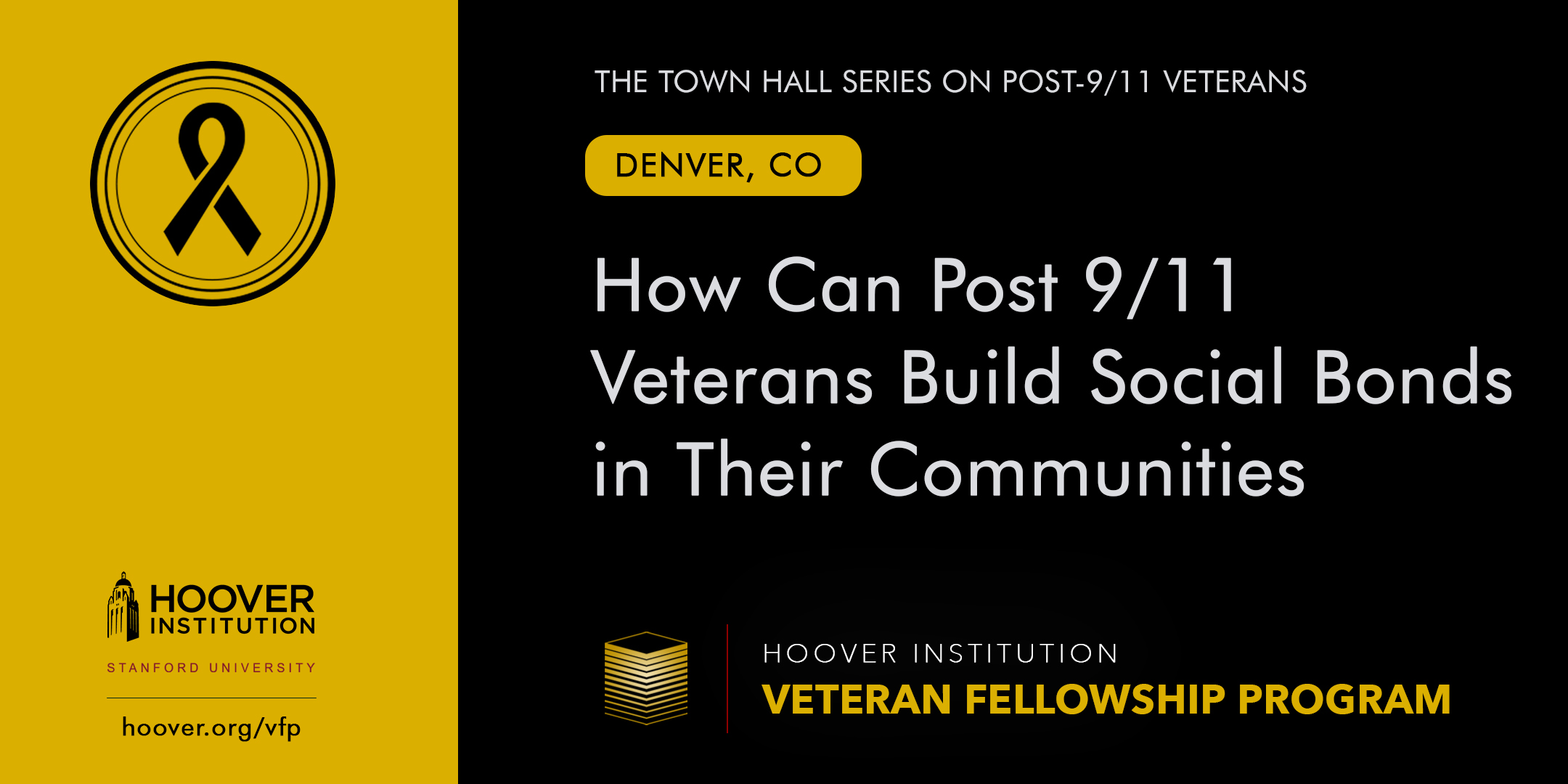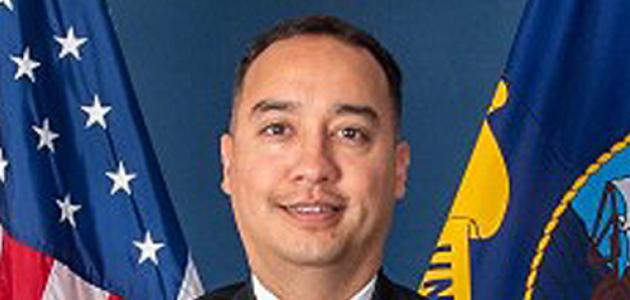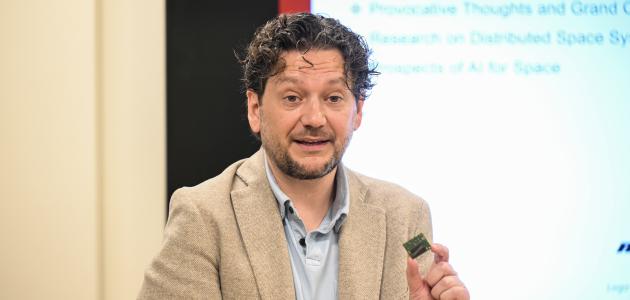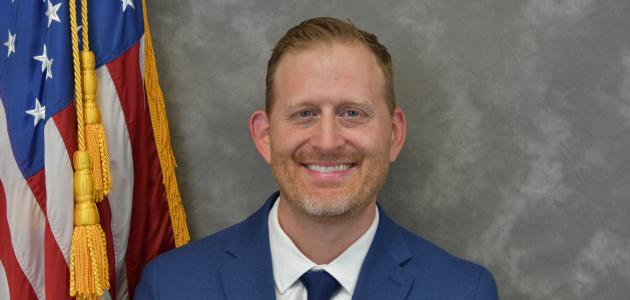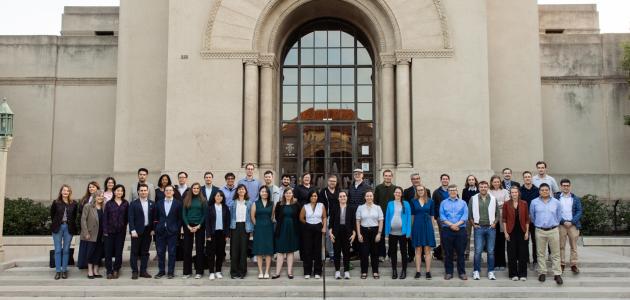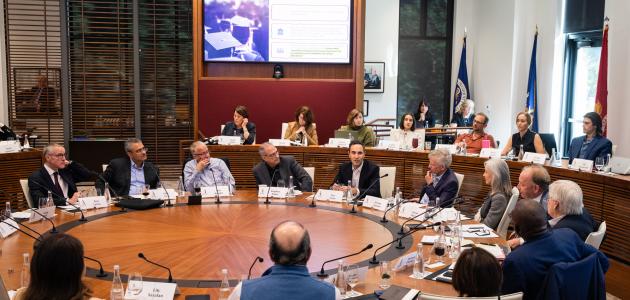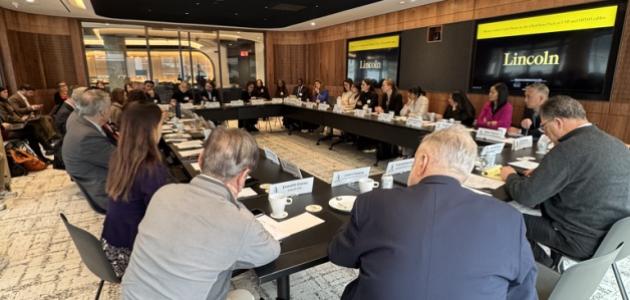Hoover Institution (Denver, CO) -- The post-9/11 generation of US military veterans experienced war and the return home in a much different way than previous cohorts of veterans did. They also look very different from previous generations of vets in terms of racial makeup and gender.
So why are they expected to pass through the same transition pathways into civilian life as veterans encountered after conflicts in the twentieth century?
To explore this question, the Hoover Institution’s Veteran Fellowship Program (VFP) commissioned a traveling townhall series to pay tribute to the enduring legacy of post-9/11 veterans and broaden public understanding of their roles in local communities.
In a conversation hosted in Denver, Colorado, on February 20, five veterans, including Hoover Fellow Dr. Jacquelyn Schneider; two of Hoover’s current veteran fellows, Claudia Flores (US Navy) and Matthew Brown (US Navy); CEO of Best Medicine Brigade Robin Johnson (US Army); and senior research fellow at the Center for the Study of Statesmanship Gil Barndollar (USMC) reflected on the unique nature of their generation’s service in the US military and how they can better develop social bonds in their communities after returning to civilian life.
Their generation of servicemembers was the first all-volunteer force in American history to be called upon to embark on several deployments abroad and fight in multiple wars, each with undetermined timelines and outcomes. The post-9/11 generation of veterans is also increasingly made up of women, many of whom regularly saw combat.
Upon return, re-integration into the job market is different for this generation of veterans than those exiting after Desert Storm or during the Cold War.
There is also a different expectation about socialization among this cohort of veterans – gone are the days when an American Legion Hall with cheap beer will suffice.
If the transition to civilian life needs tailoring to suit the 9/11 generation, it appears the veterans themselves are doing much of the work to make the changes.
The bonds between post-9/11 veterans and their communities can lead to all sorts of positive change. In the 2023–24 academic year alone, the current VFP cohort is tackling issues as diverse as housing access, antipoverty measures, climate adaptation, and mental health care access.
The panelists spoke about the changes they want to see in how America welcomes its veterans back into civilian life and how those changes, they believe, can benefit communities as a whole by enabling veterans to maximize their potential in civilian life.
For example, they explained that American Legion and Veterans of Foreign Wars (VFW) organizations, founded in the World War I and World War II eras, respectively, are in desperate need to modernize if they are to enhance their appeal to the post-9/11-generation veteran.
“VFWs and American Legions would come to us and say, ‘We can’t get your generation in,’” Johnson, a retired Army lieutenant colonel, said. “And I would reply, ‘Because you’re playing bingo, [and] we don’t want to play bingo.’ So I would bring a comedy show, and we’d pack the house.”
The organization Johnson leads, Best Medicine Brigade, brings comedy and other programming to veterans, as a means of building bonds and supporting their mental health.
Flores founded the Chimney Trail Foundation, which partners with VFW and Legion halls whose members are willing to undergo renovations so they can be more engaging for the modern veteran. The Denver talk was held in one such VFW post.
Chimney Trail incorporates counselling, job seeking help and introduces co-working spaces into the VFW and Legion halls it works with.
Mental health was also a theme that weaved through the discussion.
Brown, a former Navy commander, is focusing in his fellowship year on incorporating cognitive behavioral therapy into military training. This mission began after a junior officer Brown led aboard a minesweeper in the Pacific, a person he believed “was going to be chief of naval operations one day,” bought a gun and took his own life.
“I want to say that this is a really unusual occurrence, but as many of you here know, it is not,” Brown said.
He says that beyond providing therapy access and building awareness, the relationship between the rising use of social media and increasing social isolation needs to be investigated more seriously.
“It transcends the military community: one out of 10 children will make an attempt on their own life before they graduate from high school,” Brown said. “That, to me, is inexcusable. Why is it that we’re in that situation? It’s because we have a different way of socializing with one another.”
Panelists also discussed the profound impact the September 11 attacks had on them personally.
For Flores, whose focus during her fellowship year is to help improve the transition from military to civilian employment, the genesis of her generation’s fight was deeply personal.
As an intelligence officer in the US Navy, she was struggling to pass a specific intelligence exam in early 2001. “This lieutenant said, ‘I am going to come in and study with you,’” Flores recalled. “His name was Vince Tolbert.”
“He spent hours with me, and I passed,” Flores said, describing him as a caring and dedicated mentor.
On September 11, 2001, Lt. Cmdr. Tolbert was working in the Pentagon at the Chief of Naval Operations Intelligence Plot, when the hijacked American Airlines Flight 77 crashed into the west wall of the building.
Tolbert, whom Flores describes as “the biggest teddy bear in the world,” was killed. He left behind a wife and three children, the youngest of whom was only twenty months old.
“Vince was always in the back of my mind. I switched paths entirely so I could do my part and fight, because Vince was no longer here to do that work for us.”
In response to the deep sense of personal loss she felt after Tolbert’s death, Flores immediately altered course to a role that would see her deployed abroad as a part of the US invasion of Afghanistan.
Panelists also discussed the challenges faced by families still in service to a military that has not addressed modern realities.
All panelists also agreed that the modern military has to be more accommodating of dual-income-earning households with children.
Among the officer corps, spouses of officers struggle to find employment in their fields and then have to start from scratch every time their officer partner is transferred elsewhere.
Among the enlisted, another problem emerges, where some make rash relationship decisions, such as marriage proposals in the early stages of romantic relationships, to get out of using on-base housing.
Barndollar called this phenomenon “marrying to get out of the barracks.”
He blamed these issues on the “legislative negligence of Congress” and urged it to draft new legislation to help modern families survive military life.







